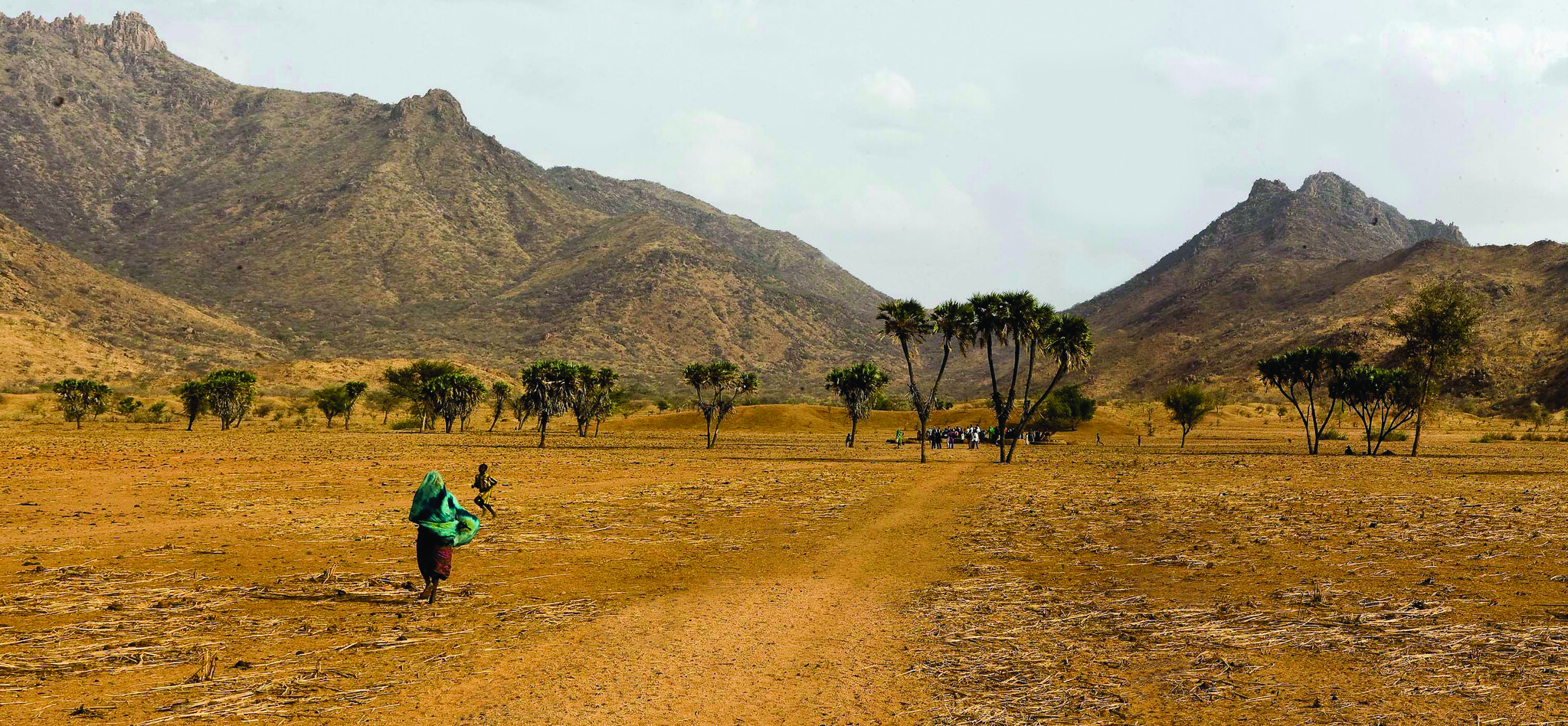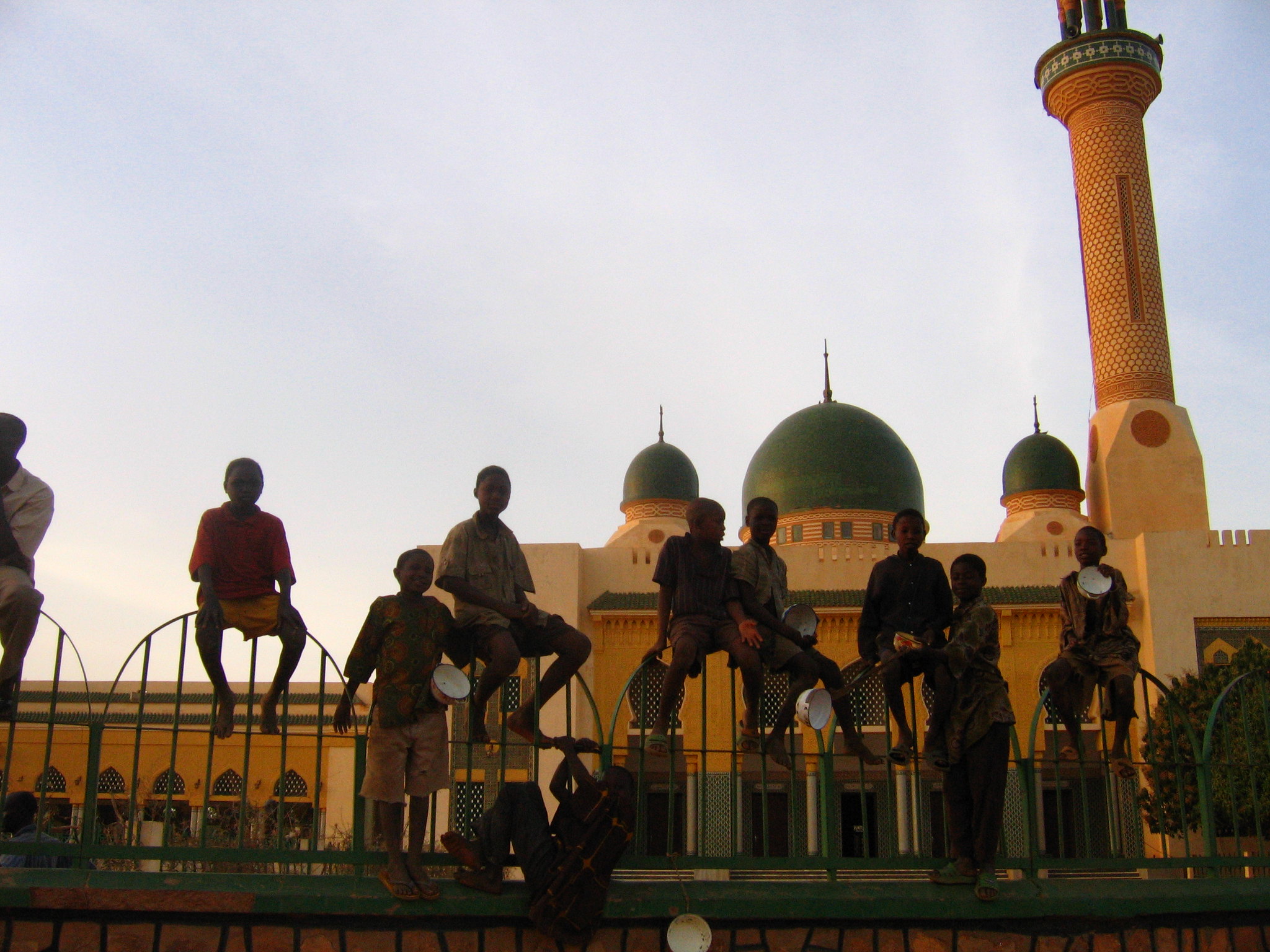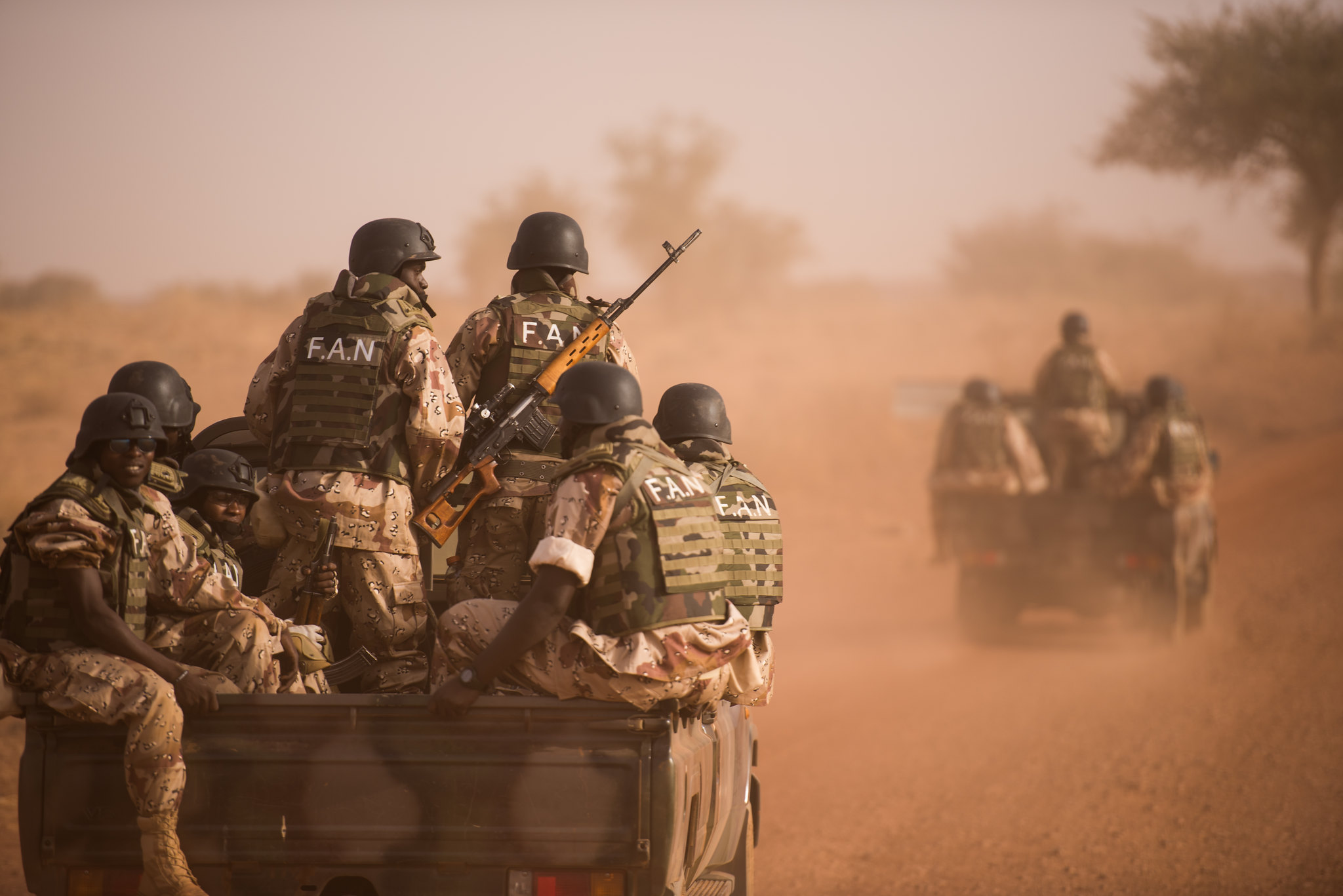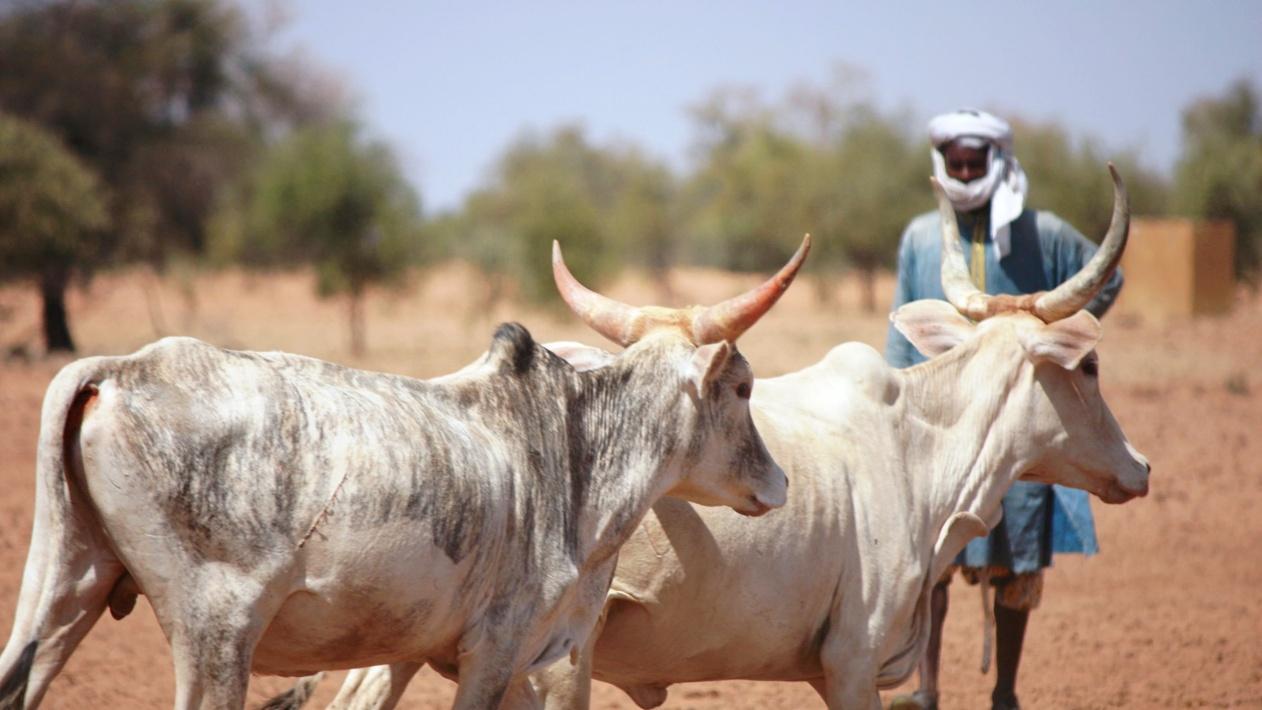Drones are ideally suited to the unique circumstances of the Sahel and cane be used on their own missions and to support wider security goals, writes Francis Okpaleke.
Over the past decade, the Sahel region of West Africa has been grappling with a multitude of political and security challenges. The region is facing ethnic tensions, eco-violence, the emergence of extremist and terrorist groups, the proliferation of weapons, and the spillover from the fall of the Gaddafi regime in Libya.
In response, regional and international organisations such as the African Union, the Economic Community of West African States, the United Nations, and the European Union have been actively involved in promoting peace and stability in the Sahel. Despite their efforts, insurgency and terrorism persist across the region.
Insurgency groups are characterised by their fluidity and the unpredictable nature of their conflict in ungoverned territories. Unlike conventional warfare, there is no clear-cut victory to be achieved. Contemporary insurgencies constantly adapt and employ innovative technologies, tactics, and means of resistance. As a result, a dynamic response is needed from counterinsurgency forces equipped with the latest technology.
Drones and ungoverned spaces
Ungoverned spaces refer to areas where the state lacks effective control, resulting in inadequate governance which facilitates the growth of criminal and subversive activities. It is crucial to understand that “ungoverned” does not imply the total absence of any form of government, but rather highlights areas of weak or insufficient governance structures. Factors such as geographic isolation, economic underdevelopment, ethnic and religious divisions, political instability, and weak state institutions contribute to the emergence and perpetuation of ungoverned spaces. In the Sahel, these spaces have become breeding grounds for local militias and insurgent groups that disrupt transport routes, impede trade, and carry out attacks on military and civilian targets.
Drones offer unique advantages in counterinsurgency operations. They can perform reconnaissance, surveillance, and intelligence gathering functions. Drones provide a cost-effective solution with a longer operational range and better stealth capabilities when compared to traditional heavy military equipment. In the Sahel region, where military forces face complex landscapes and the presence of civilians, drones are highly effective tools for detecting and preventing violent threats. They can operate effectively in hard-to-reach areas and provide real-time surveillance of armed groups in forests and borderlands. Drones also support military operations, gather valuable intelligence, disrupt terrorist and banditry activities, monitor eco-violence flashpoints, and act as deterrents against terrorist and armed groups.
Drones in the Sahel
The Sahel’s political economy is marked by weak state institutions, limited economic opportunities, and vulnerability to climate change, which will cause droughts and lead to food insecurity that will fuel eco-violent conflicts. Weak governance systems and political instability have already created opportunities for non-state armed groups to gain power and climate change is expected to exacerbate this situation. Given these circumstances, the use of drones as a counterinsurgency tool becomes increasingly relevant. This is against the backdrop that drones can play a crucial role in safeguarding aid programs reliant on humanitarian initiatives in the region, such as those conducted by the UNICEF World Food Programme. They offer the potential to protect vital infrastructure like airports and military bases, act as defence shields and utilise jamming technology against bandits and extremists in the Sahel. In the future, the use of drones could be extended to include maritime security and border policing. Careful and effective drone usage can earn the trust and support of local communities, bolstering the effectiveness of counterinsurgency operations and ensuring peace and stability are upheld.
The termination of France’s military operations in the Sahel region opens the potential of a security void that armed groups may exploit. Drones have the potential to fill this gap by effectively addressing security challenges through aerial surveillance and intelligence gathering, crucial elements for maintaining security in the area, without the need for extensive ground troop presence.
The limitations of joint military operations in countering insurgencies highlight the value of drones as effective aerial strategies. However, the deployment of drones must be accompanied by ethical considerations and a comprehensive approach to addressing the root causes of violence. Reports of civilian casualties raise allegations of indiscriminate targeting and violation of the principle of distinction. There are also doubts about the long-term effectiveness of drone strikes without a comprehensive political and security strategy.
The proliferation of armed drones highlights the urgent need for an international regulatory framework to address the ethical, legal, and security implications. However, the lack of consensus among nations and differing national security priorities hinder efforts to regulate their use, raising further concerns about potential violations of international law and their impact on regional and global security.
Drones as tools
As violent extremist groups and armed factions continue to pose significant threats in the Sahel, an effective counterinsurgency strategy is more crucial than ever, and drones can provide a vital solution to this ongoing crisis. By leveraging their tactical advantages such as reconnaissance, surveillance, and targeted strikes, drones have the potential to enhance security in the Sahel region. However, their use must be guided by ethical and legal principles, ensuring the protection of civilians and adherence to international law.
Efforts to address the root causes of violence, including governance, economic development, and social inclusion, are imperative to achieve long-term stability. With international support, regional cooperation, and a comprehensive approach, drones can serve as valuable tools in countering insurgencies, while mitigating risks and challenges. By adopting this strategic and innovative approach, the Sahel can pave the way for a more secure and prosperous future.
Photo credit: NATO used with permission CC BY-NC-ND 2.0






Technology is always a game-changer. The realm of security is not immune to these radical changes. Use of drones offers unique advantages in counterinsurgency operations. They can perform reconnaissance, surveillance, and intelligence gathering functions. Drones provide a cost-effective solution with a longer operational range and better stealth capabilities when compared to traditional heavy military equipment. However, drones cannot serve as a panacea to longstanding socio-economic and other problems of any society. Dr. Francis Okpaleke candidly opines that sincere efforts must be made to address the root causes of violence, including governance, economic development, and social inclusion in Sahel region. This will help to achieve long-term stability. With requisite international support, regional cooperation, and a comprehensive approach, drones can serve as valuable tools only in countering insurgencies. They may only help to mitigate risks and challenges. Adoption of such a two-pronged strategic and innovative approach may enable the Sahel region to secure a just, peaceful and prosperous future.